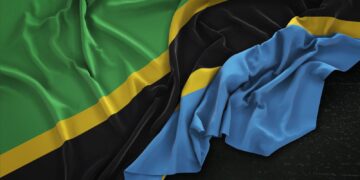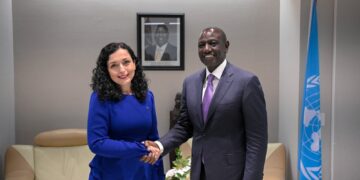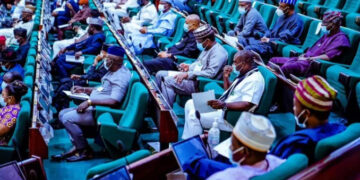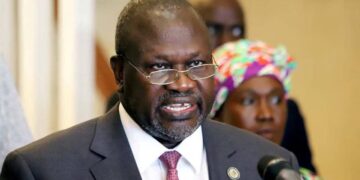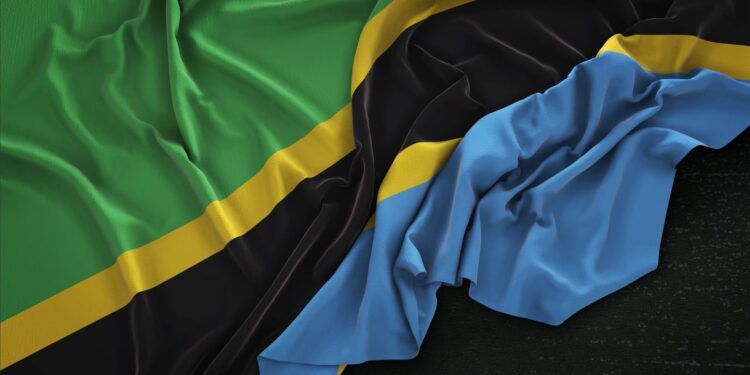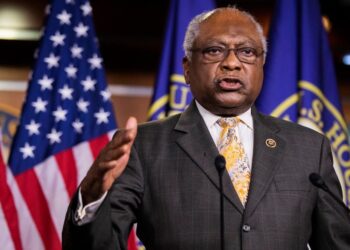By Enyichukwu Enemanna
Police in Tanzania have arrested senior leaders of Tanzania’s main opposition party in the country – CHADEMA, along with hundreds of its supporters ahead of a conference in the southwest of the East African country, a party spokesperson said on Monday.
Tundu Lissu, the vice chairman of CHADEMA and the party’s Secretary General John Mnyika were among those arrested on Sunday evening, party spokesperson John Mrema stated.
Lissu, a former presidential candidate, has hinted of plans to seek elections in next year’s presidential poll.
The country’s leader, President Samia Suluhu Hassan who came to power in 2021 after the death of her predecessor, had lifted a ban on political rallies and relaxed restrictions on media.
She has however come under heavy criticism by opposition parties and rights groups for clamping down on those planning to stage a protest against a port management deal last year.
The latest arrests came hours after police banned a conference planned by CHADEMA’s youth wing BAVICHA, saying the event was likely to breach the peace.
Police said the party’s youth leaders planned to influence young people across the country to meet and demonstrate in Mbeya, a city in southwest Tanzania, which the party spokesperson denied.
Mrema said the conference was to celebrate International Youth Day, where top party officials, including Chairman Freeman Mbowe, were set to address the youth.
“There are more than 400 people who have been arrested by police,” the spokesperson added.
CHADEMA Chairman Mbowe said the party condemned the arrest and was monitoring the situation.
“We demand the immediate and unconditional release of all our leaders, members and loved ones who were arrested in various parts of the country,” he said on social media platform X.
Several African countries are facing a raft of anti-government protest over poor governance, corruption and growing poverty.
Uganda, Kenya, Ghana, and Nigeria are countries where youths have used the social media as a mobilization tool for protests against government’s failure to address insecurity and improve living standards in a continent where rate of poverty has been on the increase.
